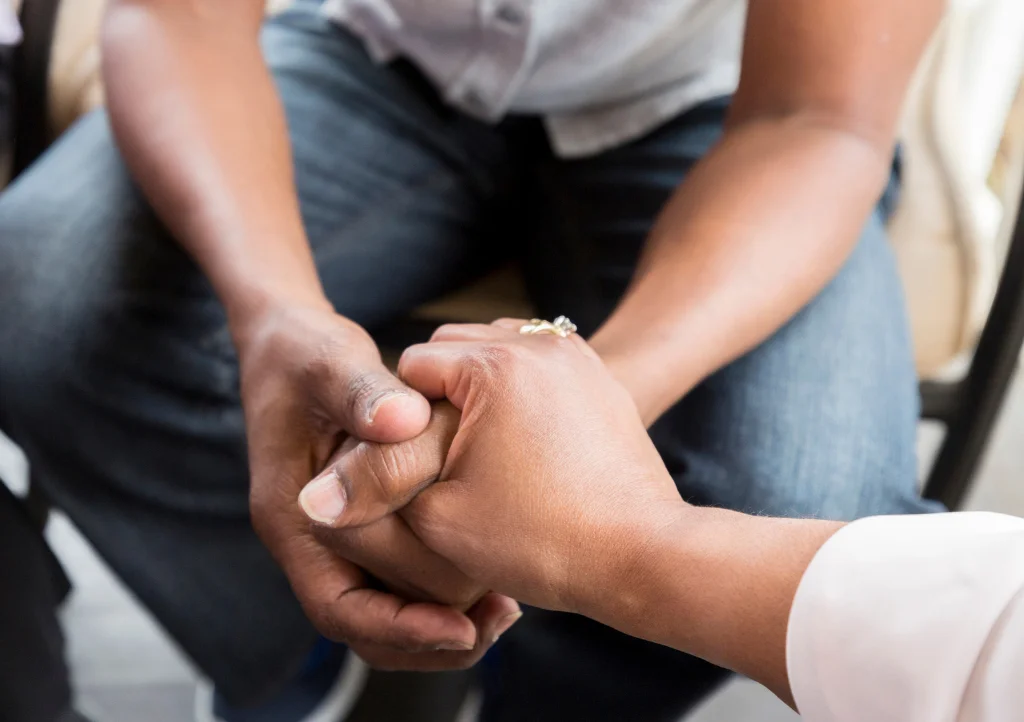It tends to be trying to know how to determine a contention. Our most memorable reflex might be to go to court, yet that is by all accounts, not the only choice! There are different conceivable outcomes, and, by regulation, you should basically consider them under the steady gaze of going to court. Exchange, intervention, assuagement, and assertion are among the accessible choices, and you can pick the one that best suits your necessities. A deeper insight can be found in ADR Times.
Exchange

Individuals who differ can frequently get together to examine the issue and agree. Whenever individuals figure out an issue themselves, they can sort out an answer that best addresses their own issues and interests.
Settling questions through an exchange is a piece of day to day existence. For example, in a circumstance where your teen asks you for the vehicle keys, after some conversation, you agree on conditions for utilizing the vehicle and when to get back. This is an illustration of exchange.
Compelling exchange abilities and strategies can be mastered. You can understand books or take courses to further develop your arranging procedure. Now and again, you may likewise really like to enlist a legal advisor, backer, or advocate who has the mastery to assist you with arranging or who can haggle for your sake.
Intercession

Individuals associated with a debate can ask a go-between, a fair and unbiased individual, to help them in their talks. Where exchange has not been effective, the arbiter can frequently assist with facilitating strain and empowering conversation between the gatherings. The go-between can assist the actual gatherings with finding an answer that can frequently result in a “shared benefit” circumstance, where everybody is happy with the outcome. Cooperation in intervention might be deliberate. For instance, a few courts expect that specific cases have alluded to intervention before a preliminary can be planned. One way or the other, the arbiter can’t drive you to resolve the question or to acknowledge a specific arrangement.
A typical justification behind picking intercession is that the go-between assists the gatherings with arriving at a result that fulfills them instead of one-pointed toward demonstrating good and bad. Through intervention, parties can cooperate to arrive at an answer which can be more innovative than that that a court would force. Courts are fairly restricted in the cures that they can give to determine debates.
The expense of intercession is normally divided among the gatherings. Much of the time it isn’t required for attorneys to be available during the intercession cycle. Circumstances that loan themselves well to intercession are sure family questions, business conflicts, contract debates, protection claims, as well as work and ecological issues, to give some examples.
On the off chance that orientation or social contrasts are making it hard to determine issues or clashes or on the other hand assuming there is an unmistakable disparity in dealing power to make you question whether you could determine your issues through intervention, converse with somebody about your interests. Pick the cycle that is best for you.
Intervention

Whenever individuals in a question can’t determine the actual debate, either through up close and personal discussion or with the help of an arbiter, they can consent to elude the make a difference to discretion. In intervention, an impartial individual or board of individuals hears current realities and issues and settles on a choice. Judges are many times individuals who are specialists in a particular region of the law or a specific industry, particularly in situations where the leader should be educated about a specific topic or business practice.
The referee or board is generally picked by the gatherings together. If they can’t concur they can have a satisfactory individual or association pick the authority for them. Any other way, each can pick an authority, and the two referees will then pick a third to make a board of three. In certain occurrences, gatherings might like to have their matter heard before a board.
The assertion will in general be less formal and speedier than going to court. The gatherings can concur ahead of time on the guidelines for the discretion (rather than court methods that are fixed). One of the two players might have a delegate represent them at the discretion hearing or they might represent themselves.
The mediator then, at that point, goes with a choice because of current realities, any agreement between individuals, and the pertinent regulations. The judge will make sense of how the choice was reached. Assuming the appropriate regulation permits, you can choose yourself ahead of time whether the authority’s choice will be conclusive and restricting or whether it ought to be likely to be audited by a court if a party can’t help contradicting the choice.
The authority may likewise settle on a choice on costs. Contingent upon how complex the case is and how long it takes to determine, assertion ordinarily costs not exactly going to preliminary.
How Do You Persuade Someone You Oppose With to Take Part?
Not every person will quickly consent to take part in intercession or other dispute resolution processes. They might require more data about how the interaction functions and whether it addresses their issues. They may likewise require an opportunity to understand the expense and time engaged with indicating the question.
Feelings are frequently profoundly charged. Individuals might be irate or so except by demonstrating the other “wrong” that nothing other than having their day in court will speak to them. Some of the time, only holding up a couple of days or weeks can have an effect and gatherings might be more able to examine the choices all the more tranquility and transparently.
Assuming you want assistance to contact the other party to make sense of the benefits of utilizing other dispute resolution choices, consider counseling an outsider who is prepared to go about as an unbiased outcast to help you. The person can show the advantages of dispute resolution and answer any inquiries concerning the cycles.
Be encouraged. Regardless of whether the other party demands going to court, recall that dispute resolution cycles can be utilized whenever – even after a claim has been recorded.
Contemplating Your Dispute Resolution Options

The accompanying rundown shows a few benefits of utilizing specific dispute resolution processes portrayed in this article:
Adaptability
There is considerably more space for imagination when you settle your question yourself or with the assistance of an outsider. You can cooperate to show up at an answer that addresses the issues, everything being equal.
Individual Satisfaction
You are bound to be happy with both the interaction and result since you picked the dispute resolution cycle and assumed a more dynamic part in settling your question and planning an answer that is best for you.
Our Final Thoughts
The strategy you use to determine your debate will rely on your necessities and the idea of your specific question. You might need to talk with a lawyer to assist with diagnosing which interaction best serves what is going on.
There will constantly be times when a court preliminary is the most ideal choice. Frequently, in any case, you are ideally serviced by one of the other elective debate goal processes depicted in this handout. With a superior comprehension of the contemplations that can assist you with picking the most proper technique, your contentions can be all the more effectively overseen and your debates all the more sufficiently settled.

